
How New York City Air Pollution Impacts Your Heart
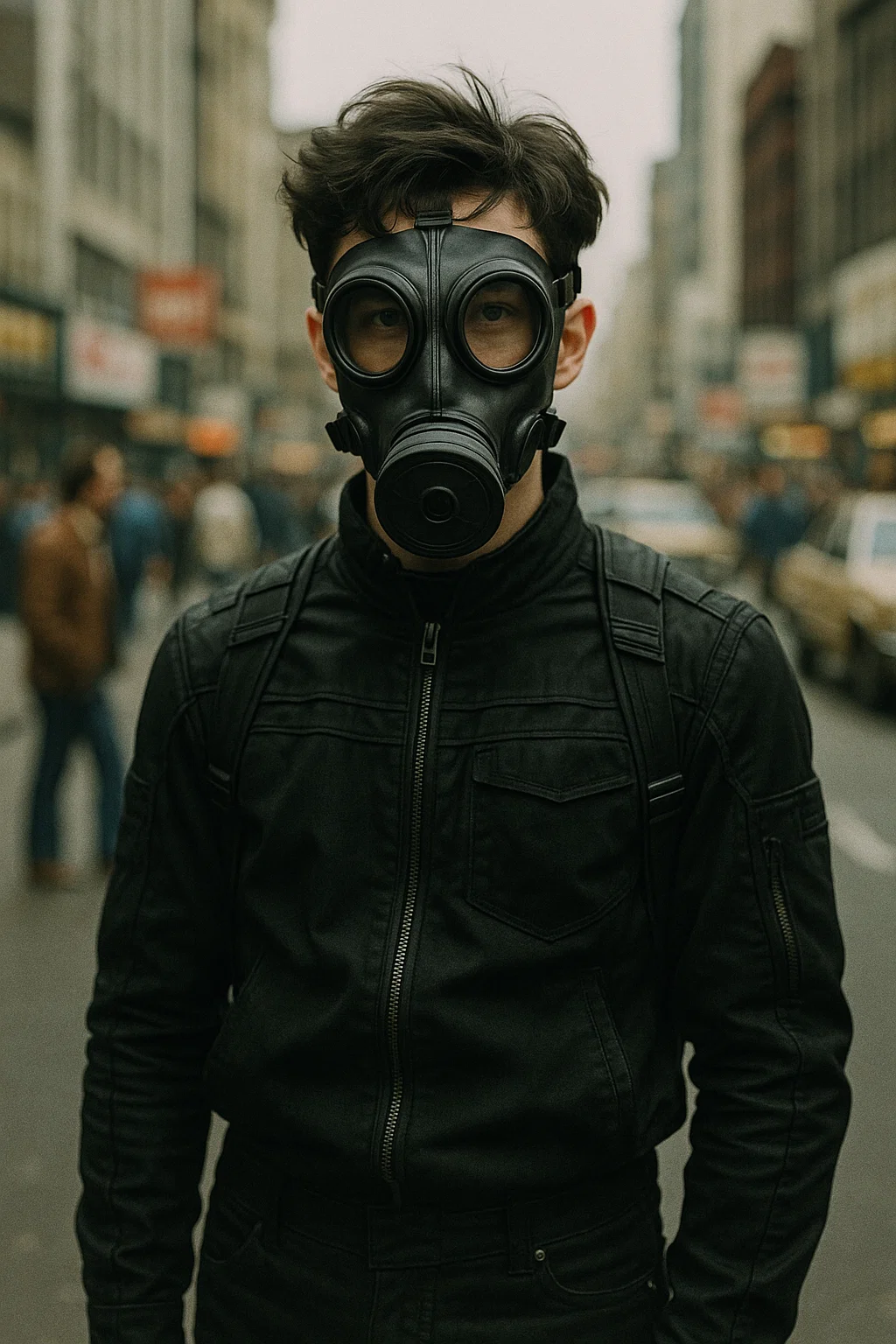
Air Pollution Impacts New York City. It is known for its skyline, speed, and style, but also its smog. From diesel buses to congested highways to construction dust, the city’s air often carries more than just the sounds of life. It carries risk.
What many people don’t realize is how deeply air pollution affects not just the lungs but also the heart.
Cardiologists are now pointing to environmental air quality as a silent but potent contributor to heart disease, and the evidence is no longer vague. It’s urgent, specific, and deeply tied to how long and how well we live.
Let’s explore how New York City’s air pollution affects your cardiovascular system, and why understanding this is more important than ever in today’s healthcare climate.
Why This Matters in the U.S. Healthcare Landscape
Air pollution is no longer just an environmental issue, it’s a public health crisis.
As the U.S. healthcare system shifts toward preventive care and chronic disease management, environmental factors like air quality are now recognized as primary health determinants.
- The American Heart Association has formally linked air pollution to heart attacks, strokes, and arrhythmias.
- Poor air quality raises the risk of hospitalization and mortality, especially among seniors and people with underlying conditions.
- Urban dwellers are disproportionately affected, particularly in dense cities like New York.
What we breathe is now part of the cardiovascular conversation.
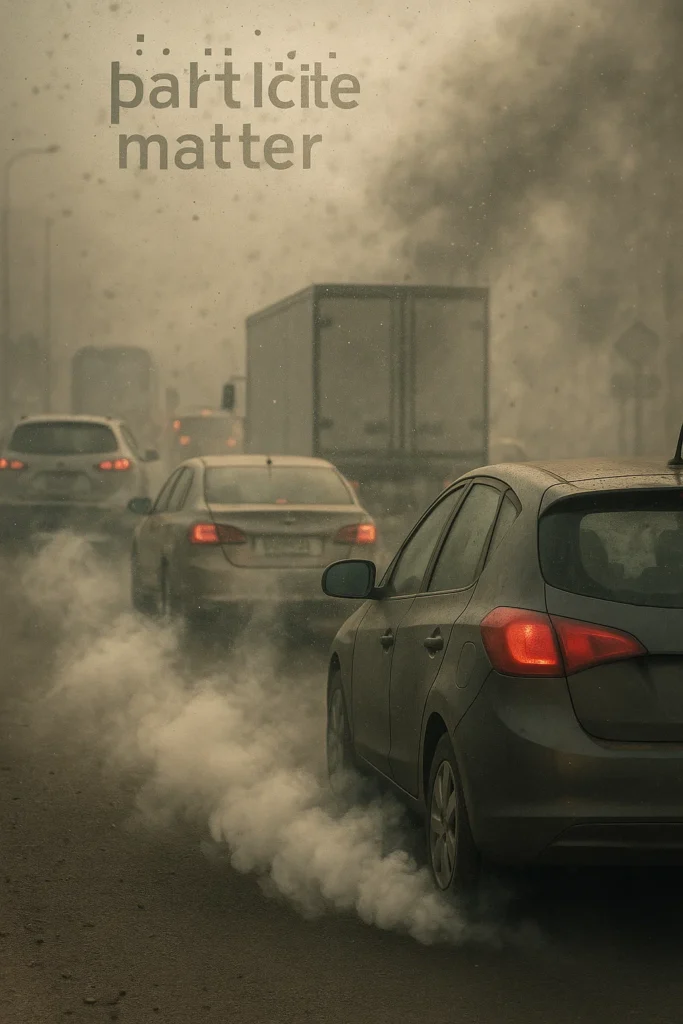
1. PM2.5 Can Penetrate the Heart’s Defenses
Let’s start with the biggest villain: delicate particulate matter, or PM2.5.
- These are microscopic particles smaller than 2.5 microns in diameter.
- They come from vehicles, power plants, industrial activity, and even cooking fumes.
- PM2.5 can bypass the lungs and enter the bloodstream, directly reaching the heart.
Why it matters: Once in the bloodstream, PM2.5 can trigger inflammation, damage blood vessel linings, and accelerate the progression of atherosclerosis.
2. Air Pollution Increases Blood Pressure, Even in Healthy Adults
Polluted air doesn’t just irritate your throat; it also affects your health. It sends your blood pressure climbing.
- Studies have shown that even short-term exposure to polluted air can increase systolic blood pressure.
- Over time, these spikes contribute to chronic hypertension.
This is especially dangerous because high blood pressure is often symptomless, until it causes a stroke or heart attack.

3. NYC Air Triggers Systemic Inflammation
Every breath of polluted air lights a match in your immune system.
- The body sees air pollutants as foreign invaders.
- This activates immune cells, increasing levels of C-reactive protein (CRP) and other markers of inflammation.
- Chronic inflammation is directly tied to heart failure, atrial fibrillation, and coronary artery disease.
The smog you inhale becomes a fire in your bloodstream, slow, steady, and dangerous.
4. Low-Income Neighborhoods Face Higher Cardiac Risk
Not all communities breathe the same air.
- Traffic density, fewer green spaces, and industrial zones make some NYC neighborhoods pollution hotspots.
- Residents in these areas, often low-income or historically marginalized, face higher rates of cardiovascular events.
In today’s equity-focused health policies, air quality is a key factor in social determinants of health.
5. Polluted Air Disrupts Heart Rate Variability
Your heart isn’t a metronome. It’s supposed to be flexible.
- Heart Rate Variability (HRV) is a sign of cardiac health, the more variation between beats, the better.
- Air pollution decreases HRV, signaling autonomic nervous system dysfunction.
Lower HRV is associated with a higher risk of arrhythmias and sudden cardiac death.
6. Children’s Hearts Are at Risk Too
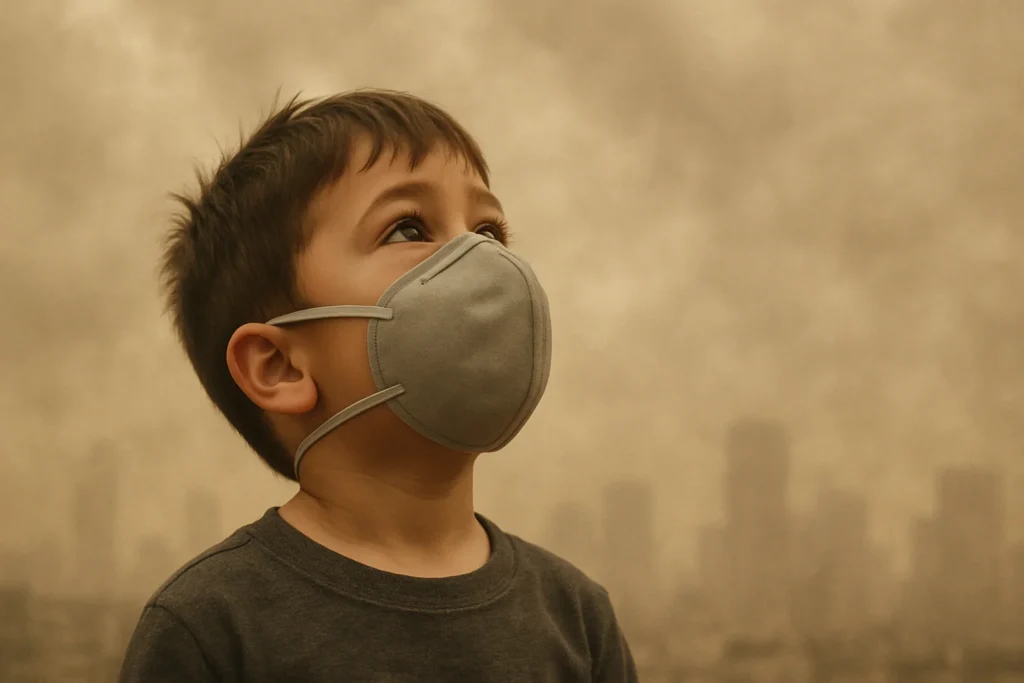
This isn’t just an adult problem.
- Early exposure to air pollution can impair vascular development.
- Studies have linked childhood exposure to pollution with early signs of arterial stiffness and high blood pressure.
Damage begins young, and follows children into adulthood.
7. NYC Pollution Complicates Recovery for Heart Attack Survivors
You’ve survived a heart attack. Now what?
- Breathing polluted air can complicate recovery and increase the likelihood of readmission.
- It affects oxygen exchange, worsens fatigue, and may aggravate coexisting lung conditions.
This means cardiac rehab patients need not only medicine, but also cleaner environments to heal truly.
8. Cold Days, High Risk: The Urban Weather-Pollution Combo
Winter in New York isn’t just cold, it’s toxic.
- Cold weather can trap pollutants closer to the ground, increasing exposure.
- Simultaneously, cold air causes blood vessel constriction, which raises blood pressure and increases the workload on the heart.
The result? A spike in heart attacks during winter months in polluted areas.
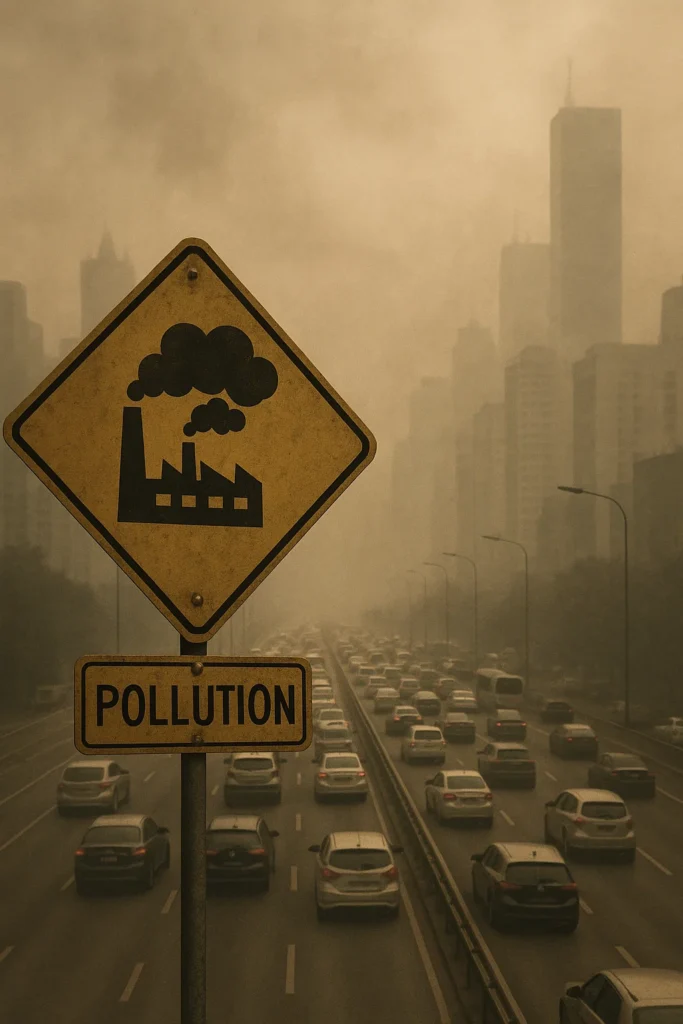
9. Cleaner Air = Measurable Heart Health Benefits
The good news? Reducing pollution works, fast.
- Cities that implement cleaner fuel regulations see drops in cardiovascular hospitalizations.
- When NYC cut emissions from taxis and buses, studies showed a decline in heart-related ER visits.
Even temporary improvements, like reduced traffic during lockdowns, have shown cardiovascular benefits.
10. There Are Personal Steps You Can Take
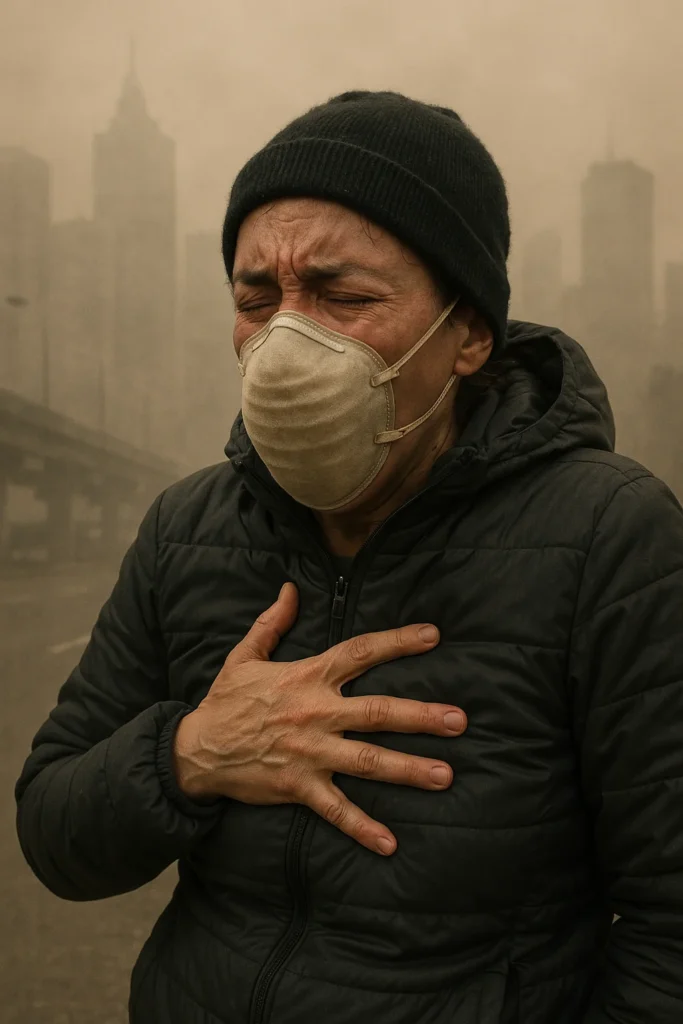
You can’t change the air outside, but you can reduce your exposure.
Protect Your Heart With These Practical Steps:
- Check NYC’s Air Quality Index (AQI) daily. Avoid outdoor activity on “unhealthy” days.
- Use an N95 mask on high-pollution days, especially in areas with heavy traffic.
- Exercise indoors when pollution is high. Don’t run near traffic lights or bus depots.
- Invest in an indoor air purifier, especially if you live near highways or industrial areas.
- Keep windows closed during peak traffic hours.
Small habits lead to significant heart savings.
Where the Healthcare System Fits In
Cardiologists, primary care doctors, and public health officials are increasingly aware that prescriptions alone won’t fix the problem.
- Healthcare providers are being trained to ask about environmental exposures.
- Telehealth platforms are starting to include real-time air quality data for patient education.
- Community health initiatives are advocating for cleaner transportation and more green space in urban planning.
In short, the U.S. healthcare system is beginning to treat the air you breathe as part of your overall care plan.
Every Breath Counts
The air outside might seem invisible. But to your heart, it’s a constant force, either supporting or sabotaging your well-being.
In New York City, where ambition is high and time is short, it’s easy to overlook something as silent as pollution. But the evidence is loud.
From microvascular inflammation to heart failure risk, the link between air quality and heart health is clear, concrete, and deeply concerning.
So whether you’re walking through Central Park or stuck in Midtown traffic, take a moment to pause. Consider your heart. Take action, because every heartbeat depends on what you breathe.
If you’d like a follow-up guide on how to monitor NYC’s air quality or choose the best air purifiers for your home, just let us know.


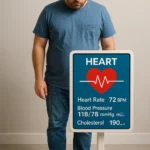
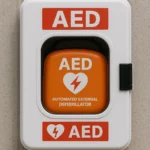
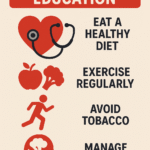


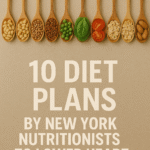



Post Comment